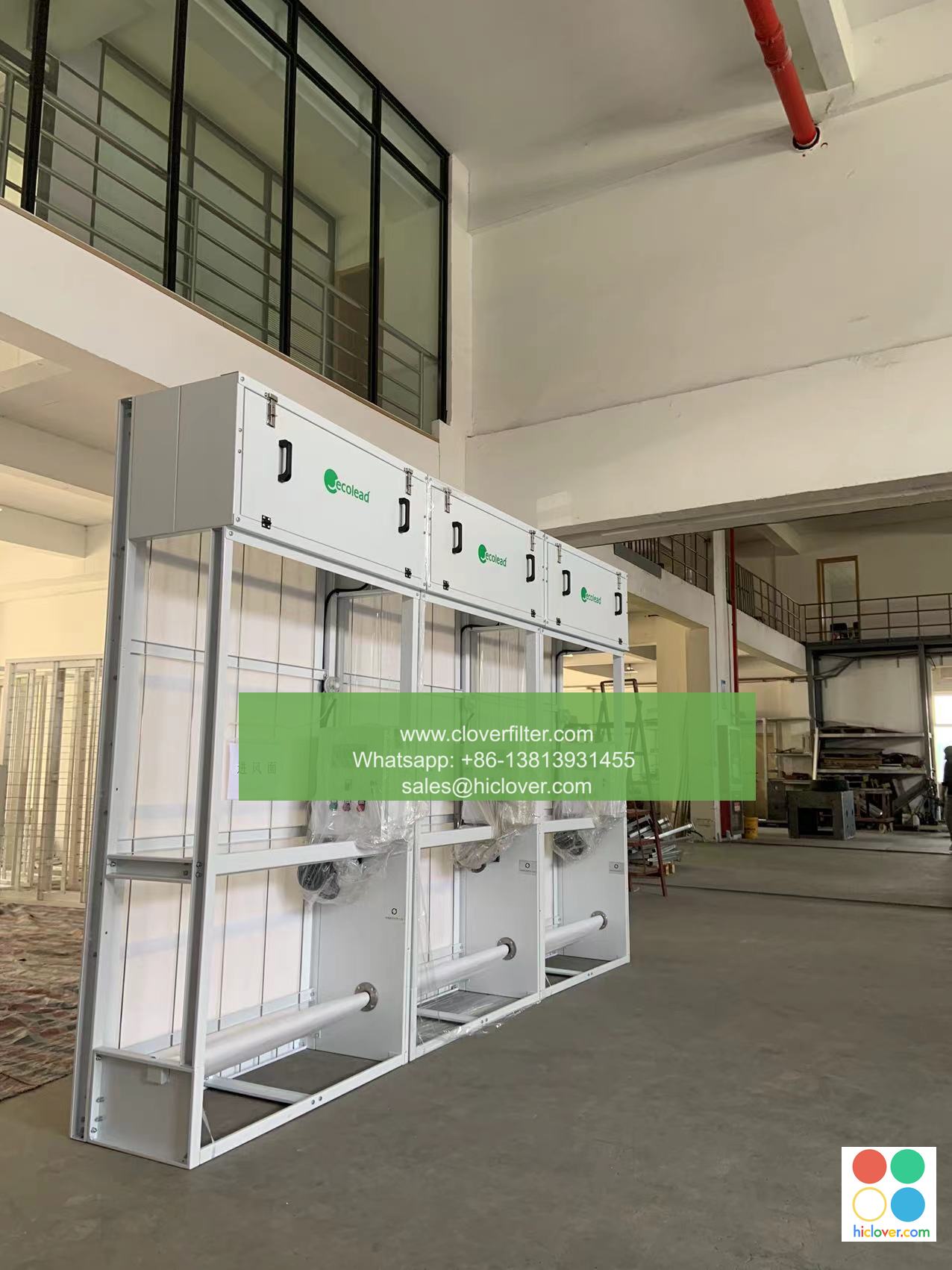Real-World Results: How Air Filters Have Improved Homeowners’ Indoor Air Quality

Air filters have become an essential component in maintaining good indoor air quality (IAQ) in homes. With the increasing awareness of the importance of clean air, homeowners are now more than ever, investing in air filtration systems to improve the air they breathe indoors. In this article, we will explore the real-world results of using air filters and how they have positively impacted homeowners’ indoor air quality, highlighting various application areas such as residential air purification, commercial air cleaning, and industrial air filtration.
Indoor Air Quality: A Growing Concern
Indoor air quality is a growing concern for homeowners, as it can have a significant impact on their health and wellbeing. According to the Environmental Protection Agency (EPA), indoor air pollutants can cause a range of health problems, including respiratory issues, headaches, and allergies. With the use of air filters, homeowners can significantly reduce the levels of particulate matter (PM), volatile organic compounds (VOCs), and other gaseous pollutants in their homes.
The Benefits of Air Filters
Air filters have been shown to have numerous benefits for homeowners, including:
* Improved respiratory health: By removing allergens and irritants from the air, air filters can help alleviate respiratory issues such as asthma and allergies.
* Reduced odors and gases: Air filters can remove unpleasant odors and gases from the air, leaving homes smelling fresh and clean.
* Increased energy efficiency: By reducing the amount of particulate matter in the air, air filters can help improve the energy efficiency of heating and cooling systems.
Real-World Results
Studies have shown that air filters can have a significant impact on indoor air quality. For example, a study by the American Society of Heating, Refrigerating, and Air-Conditioning Engineers (ASHRAE) found that the use of air filters can reduce particulate matter levels by up to 90%. Another study by the National Institute of Environmental Health Sciences (NIEHS) found that air filters can reduce the levels of VOCs and other gaseous pollutants in homes.
Application Areas
Air filters have a wide range of application areas, including:
* Residential air purification: Air filters can be used in homes to improve indoor air quality and reduce the risk of respiratory problems.
* Commercial air cleaning: Air filters can be used in commercial buildings, such as offices and restaurants, to improve indoor air quality and reduce the risk of illness.
* Industrial air filtration: Air filters can be used in industrial settings, such as factories and warehouses, to remove hazardous particles and gases from the air.
Conclusion
In conclusion, air filters have been shown to have a significant impact on indoor air quality, improving the health and wellbeing of homeowners. With their ability to remove particulate matter, VOCs, and other gaseous pollutants from the air, air filters are an essential component in maintaining good indoor air quality. By highlighting various application areas, such as residential air purification, commercial air cleaning, and industrial air filtration, we can see the importance of air filters in improving indoor air quality and reducing the risk of respiratory problems. As the awareness of the importance of clean air continues to grow, the use of air filters is likely to become even more widespread, leading to improved indoor air quality and better health outcomes for homeowners. You haven’t asked a question or provided a topic for discussion. Please provide more context or ask a specific question so I can give you a helpful response. What’s on your mind?

